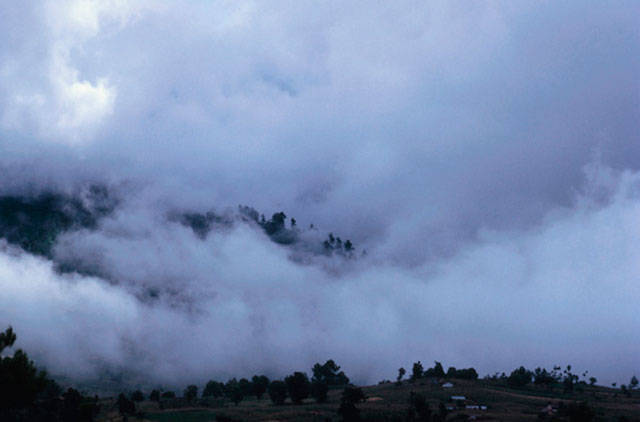With more wildfire smoke from British Columbia moving into the region, the Puget Sound Clean Air Agency is issuing a Stage 1 air quality burn ban for King, Kitsap, Pierce, and Snohomish Counties, effective at 2 p.m. Tuesday.
This ban is in effect until further notice and is in addition to existing fire safety burn bans.
With high pressure pushing more smoke into the Puget Sound area, the agency forecasts levels that are unhealthy for sensitive groups through Friday. The agency had lifted the ban last Saturday.
Agency officials expect calm winds and smoke to settle daily. Saturday and onward, the area of high pressure should push eastward, bringing back more typical and cleaner air from the Pacific Ocean.
The purpose of the burn ban is to reduce any additional harm to sensitive populations from excess air pollution and is in addition to existing fire safety burn bans. The Clean Air Agency will continue to closely monitor the situation for purposes of air quality burn bans.
Children, pregnant women, older adults, and those with heart and breathing problems should avoid physical exertion outdoors. If possible, seek clean, air-conditioned indoor air (e.g. public libraries, “cooling centers”, community and senior centers).
Stage 1 air quality burn ban:
• No charcoal barbecues or similar solid fuel devices
• No fire pits, chimineas, fire bowls, or similar free-standing devices
• No campfires or bonfires
• No fireplaces, uncertified wood stoves, or uncertified inserts
• No agricultural fires (as described in the agricultural burn permit)
• Local fire districts do not grant Native American ceremonial fire permits outside of tribal lands during air quality burn bans.
It is OK to use natural gas and propane grills, stoves, or inserts during a Stage 1 burn ban.
The Washington State Department of Health recommends that people who are sensitive to air pollution limit time spent outdoors, especially when exercising. Air pollution can trigger asthma attacks, cause difficulty breathing, and make lung and heart problems worse. Air pollution is especially harmful to people with lung and heart problems, people with diabetes, children, and older adults (over age 65)
Talk to us
Please share your story tips by emailing editor@kentreporter.com.
To share your opinion for publication, submit a letter through our website https://www.kentreporter.com/submit-letter/. Include your name, address and daytime phone number. (We’ll only publish your name and hometown.) Please keep letters to 300 words or less.

